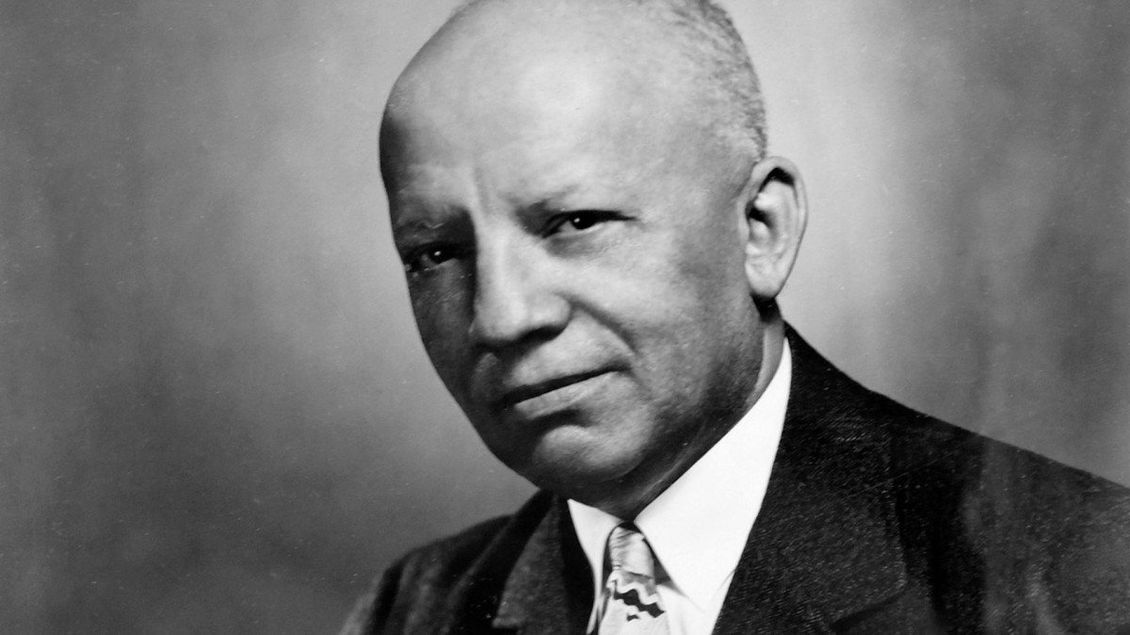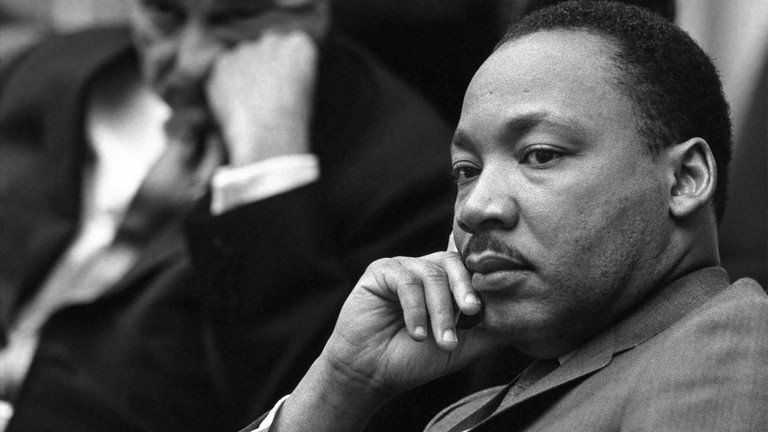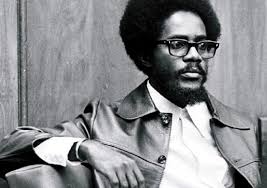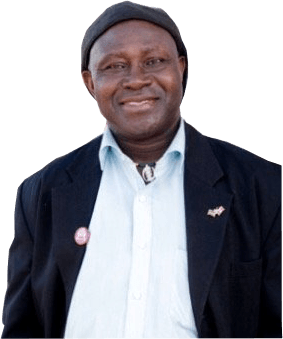How I Teach the Sociological Imagination and Globalization
Sociology Field Expert, Adjunct Associate Professor
Dr. Charles has written many articles, written and published books. He is an experienced Sociologist and Sessional Professor.

"Real education means to inspire people to live more abundantly, to learn to begin with life as they find it and make it better."
Dr. Carter G. Woodson, Founder of African Heritage Month
Button
"Injustice anywhere is a threat to justice everywhere."
Dr. Martin Luther King
Button
“What we need is confidence in ourselves, so that as Africans we can be conscious, united, independent and creative."
Walter Rodney
Button
Biography
"Our individual biographies are not written or created by us alone..."
Dr. Charles Quist-Adade
What Have My Cocoa Beans Got to Do With Canada?
How I teach the Sociological
Imagination and Globalization
Charles Quist-Adade, PhD, Kwantlen Polytechnic University
Abstract: Canadian mass communication scholar and social philosopher Marshal McLuhan put us all in the "Global Village," where willy-nilly, for better or worse, we inhabitants are increasingly becoming integrated, intermixed, and interconnected. What happens at one corner of the village has almost instantaneously repercussion on other parts of the village. Our actions, and indeed our inactions, affect and are affected by the actions and inactions of legions of people, most of who live in far flung corners of our global landscape, and whose paths may never cross ours in our lifetime. In my courses, I introduce the concept of Global Sociological Imagination (GSI) to my students using two short slideshows I created out of a short article and a poem I wrote about a “slice of my life-story” to illustrate the concept of globalization. The GSI is an extension of the sociological imagination (SI), a concept developed by US sociologist, Charles Wright Mills. I introduce the SI and GSI as part of my introductory lecture on critical thinking. After the lecture, I ask students to create their own stories or poems using the sociological imagination. Key Words: Sociological imagination; global sociological imagination, globalization, global village, cocoa, Ghana, Canada, chocolate industry, pillage, oppression, agency, plentitude. What Have My Cocoa Beans Got to Do with Canada? A Journey on the Global Sociological Imagination Lane I was barely five when my auntie “borrowed” me to live with her in the village of Teawiah in a remote part of the Eastern Region of Ghana. As a child growing up in the village, I planted a great deal of cocoa beans and seedlings. At the age of eight I was already growing cocoa beans on my auntie and uncle’s farms. Planting cocoa beans and seedlings was my part of the division of labour on the farm. And I did this for more than 10 years. “So what?” you ask. This little slice of my life-story will vividly illustrate the process, logic, and dynamics of the subject matter of this course. It will also offer you a lucid Paragraph
lesson in the global sociological imagination. The global sociological imagination is based on the assumption that our individual biographies are not written or created by us alone as individuals, but are also the collective products— actions and indeed inactions— of legions of people, many of who live in far-flung corners of our global landscape, and whose paths may never cross ours in our lifetime.
The global sociological imagination is an extension of American sociologist Charles Wright Mills’ sociological imagination (1959), which posits a link between personal biographies and societal histories, private problems and public issues, the present with the past. Having the global sociological imagination enables us to develop a keen of the fact that our actions, seemingly inconsequential, do have ramifications, rippling far beyond our immediate environments and our shores. Think about it. Have you eaten chocolate or had a cup of cocoa drink or hot chocolate of late? If you have, chances are that the chocolate bar you ate or the cocoa drink you had contained beans from the cocoa trees I planted some thirty years ago in Teawiah, a.k.a. Owiafi (Sunrise Village). Canada imports cocoa beans and cocoa products from various countries, including Ghana. Thus, the cocoa beans I planted as a child are today providing nourishment to you and hundreds of thousands of your compatriots and employment to even more Canadians who work in the chocolate industry. That is not all. All my education, from high school to graduate school, was paid for by people I call my unsung heroes and heroines in villages and cottages across Ghana. Money set aside by cocoa farmers in Ghana in the form of the Cocoa Marketing Board Scholarship Scheme financed my education. And here I am today, an instructor in Canada, helping in my own small way, to educate the future leaders of this country, my new found home. But my education would have been impossible without Canadians buying cocoa products, including chocolate and cocoa drinks. What’s more, my biography as a Ghanaian-Canadian professor is ineluctably linked with the roles and actions of individuals and forces in the history Ghana, including Ghana’s national hero, Tetteh Quarshie, the Ghanaian farmer, who introduced the plant from the Fernado Po Island (in New Guinea), now called Bioko and the British colonial administration, which encouraged/forced Ghana to specialize in cocoa production as part of her grand scheme of imperial division of labour. Canadian communication studies scholar and social philosopher Marshall McLuhan put us all in the Global Village, where willy-nilly, for better or for worse, we inhabitants are increasingly becoming interconnected, integrated, intermixed, intermingled, and interdependent. Whatever happens at one corner of the village affects all of us almost instantaneously. It is my hope that this course will ignite your global sociological imagination to fire you up to see your own place in the tangled web of the global scheme of things and sensitize you to appraise what role you can play in making our global village at least a little better than it is today, keeping in mind that your actions and inactions affect all members of the village in one way or another. For as Martin Luther King, Jr. (1963) so beautifully put, “We are caught in an inescapable network of mutuality, tied in a single garment of destiny.” “Whatever affects one directly, affects all indirectly. I can never be what I ought to be until you are what you ought to be. This is the interrelated structure of reality.”
Musings of the Son of the Global Village
I am the son of the Global Village
I am a complex of complexities
In the heart of complexities
I am one and many things
Yet I am nothing I am a hybrid of “hybridities”
Yet I am who I am
Yet still,
I am the I am of complexities
Son of the Global Village
I have planted my feet firmly In the soil of the my motherland
And allowed my eyes
To roam the Global Village
I see breath-taking beauty
But also I see ugly scars dotting the village landscape
I breathe the air of freedom, creativity, self-actualization
Yet I gasp in airless oppression, alienation, “culturecide”
I savor the air of renewal, replenishment
Yet I gasp in toxicities
I see harvests of plentitude
Yet I see harvest of “starvingtude,” “leantude”
I see seasons of selfless giving
Yet I see cycles of pillage
I am a son of the Global Village But whose village?
Am I Akan?
Ga-Adamgbe?
Ghanaian?
African?
Canadian?
North-American?
All of the above?
Son of whom?
Citizen of where?
References King, Martin Luther. (1963). “Letter from Birmingham Jail”. McLuhan, Marshall. (1962). The Gutenberg galaxy: the making of typographic man. Toronto, ON, Canada: University of Toronto Press. Mills, Charles Wright. (1959). The sociological imagination. New York, NY, USA: Oxford University Press.









